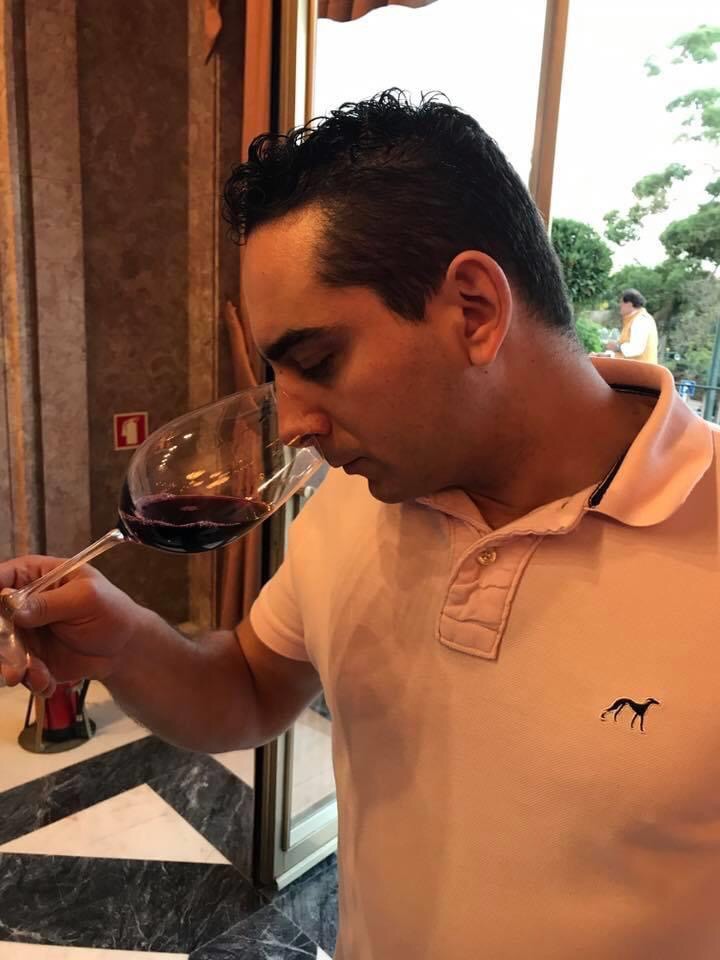“When a Panel Knows Nothing but Decides Everything”
- Miguel Viana
- Sep 15, 2025
- 2 min read
Portugal’s Wine Classification: A System Without Credibility?
In Portugal, wine classification has long been marketed as a safeguard of quality, with labels such as DOC, Reserva, or Garrafeira intended to guide consumers and add prestige to bottles. Yet, when compared with the structured frameworks in Spain or even the terroir-driven pyramid of Bierzo, the Portuguese system reveals deep structural flaws that risk undermining both credibility and long-term value.
The Portuguese Weakness: A Panel Without Context
In practice, Portuguese wine classification depends primarily on a tasting panel (câmara de provadores). Producers submit their wines, the panel conducts a basic laboratory analysis and an organoleptic tasting, and the wine may then be elevated to Reserva or even Grande Reserva. Crucially, this panel has no knowledge of:
The origin of the grapes (old vines or young plantations, high-yield or low-yield plots);
The vineyard practices or yields per hectare;
Whether the wine underwent meaningful maturation (barrel, amphora, bottle, or otherwise).
The classification hinges almost exclusively on the tasting outcome and a laboratory check for faults. A wine can be certified Reserva while in reality being a simple entry-level wine, provided it passes these minimal hurdles. This disconnect makes the designation vulnerable to misuse and manipulation.
Spain as a Counterexample: Structure and Transparency
Contrast this with Spain, where classifications such as Crianza, Reserva, Gran Reserva are tightly bound to objective requirements: mandatory minimum periods of barrel and bottle aging, and explicit yield restrictions. In Bierzo, the recently introduced pyramid goes even further: Vino de Villa, Vino de Paraje, Viña Clasificada, Gran Viña Clasificada—each tier requires 100% of the grapes to come from defined geographic units, with strict reductions in yield and oversight by expert committees. Here, the consumer can trust that the label reflects not only quality but also provenance and method.

Portugal’s Dangerous Drift
Portugal, by contrast, has surrendered its classifications to subjectivity. As I argued previously in my blog post The Ghost of the Lost Wine,(https://www.miguelvianavinhos.com/post/the-ghost-of-the-lost-wine) this opens the door to wines of obscure or mixed origin infiltrating the DOC system. The result is a form of quality sabotage: consumers are left believing that Reserva or DOC guarantees something it does not, while serious producers who work with historic vineyards, low yields, and rigorous winemaking find themselves indistinguishable from opportunistic bottlers.
In short, the Portuguese classification system is a country adrift, with standards so low that they invite manipulation. Instead of reinforcing trust, it erodes it, leaving the market vulnerable to short-term interests at the expense of long-term credibility.
A Call for Reform
If Portugal aspires to elevate its wines in the international market, it must abandon the illusion that tasting panels alone are sufficient. It should adopt transparent, enforceable criteria that link classification to vineyard origin, yield control, and mandatory aging practices—systems that not only protect consumers but also reward producers who respect terroir and tradition. Until then, Portuguese wine classification will remain a hollow promise, more marketing than guarantee.
Text: Miguel Viana Vinhos




Comments